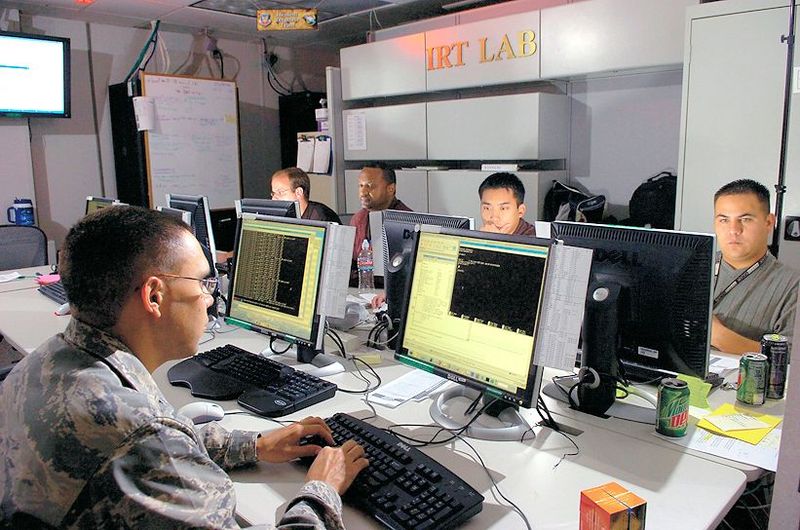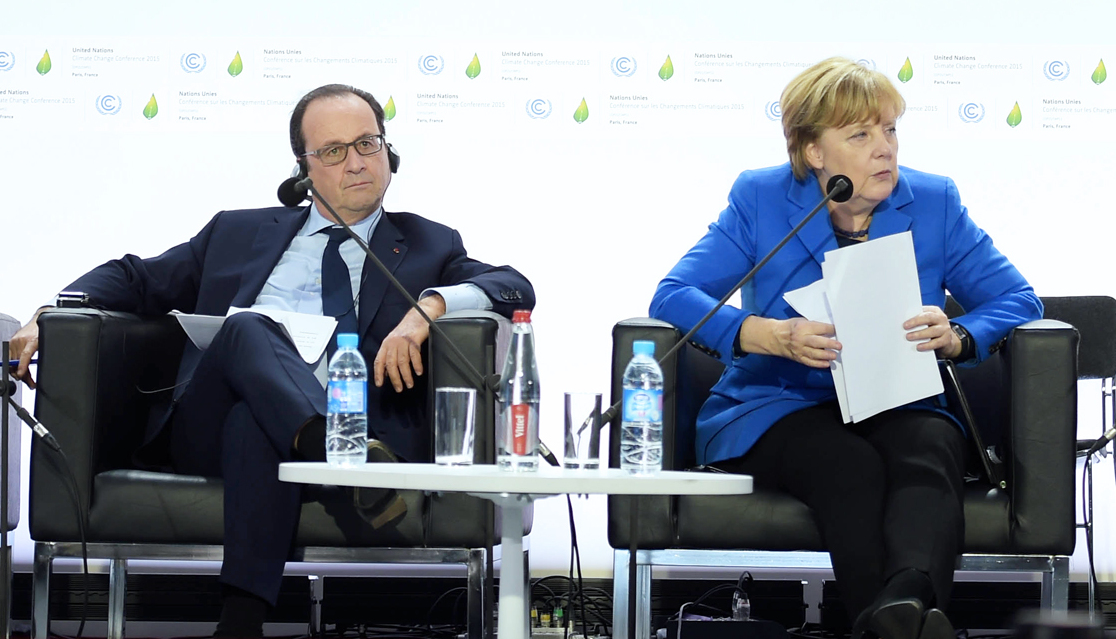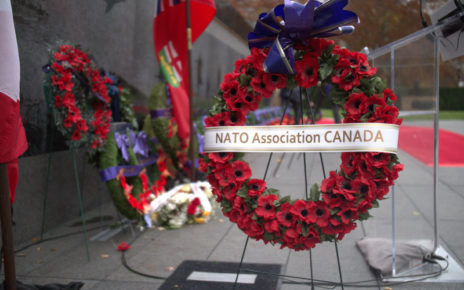Most people relate the word ‘war’ to military troops, battlefields, and fatality. Future generations, however, may have a more comprehensive idea of what warfare entails, as it has expanded to include an array of deterrence and defence mechanisms. The tactics may be of conventional or irregular character, and even simultaneously adopted. In the 21st century, we have witnessed the emergence of hybrid warfare. Typically, hybrid warfare consists of tactics combined strategically to advance one’s own interests and degrade the position of an opponent.
A specific realm that has received a lot of attention within the domain of hybrid warfare is information warfare: the utilization of information technology and communication channels to reach specific objectives. Cyber hacking, espionage, and attacks on data systems are all examples of how information warfare manifests itself in modern societies.
Perhaps the most conspicuous case of information warfare in recent years is Russia’s annexation of the Crimean Peninsula. Russia has been widely accused of utilizing information warfare conduct in its military approach on Crimea. Moreover, policymakers are voicing their concern over Russia’s belligerent behaviour in the the Baltic region which involves media propaganda, cyber operations, and attempts to alter public opinion through strategic communication. These are all examples of what a contemporary information warfare campaign can look like.
Unsurprisingly, the acceleration of technological development worldwide has made people, societies, and designated target audiences vulnerable to non-lethal war conduct. The immense amounts of electronically accessible information have facilitated easier communication, yet they also generate a platform for unpredictable intrusions. Both government databases and the social media profiles of ordinary citizens can be subject to violations of privacy. This picture of Mark Zuckerberg, the founder of Facebook, shows how he had covered both the microphone and webcam on his computer. It demonstrates that even the technological elite are afraid of exposing sensitive information to potential adversaries.
A large part of the debate concerning the harmful repercussions of information warfare is the damage on intelligence services, communication networks, and societal infrastructures. However, recent issues such as the alleged Russian interference in the U.S Presidential Elections and Turkish president Erdogan’s rhetorical attempts to consolidate his executive powers, illustrate that it is important not to neglect the following aspects of information warfare: strategic representation and manipulation.
Typically, manipulating information is behaviour that is usually attributed to states with authoritarian regimes, such as North Korea. In democratic countries, it is less common for state officials to restrict people from accessing media channels or strictly control information networks. Even so, one could argue that some elected political representatives do indeed systematically and strategically frame the reality to leverage their political objectives.
Deliberately portraying a favourable image of one’s own policy making, while omitting disadvantageous details, can translate as a mild form of information warfare conduct. Highlighting selected information to stimulate political support is not classified as information warfare per se – it is not the kind of information war campaigns that Russia is accused of managing in the Baltic region, including manipulation of media sources, political patronage, and financial intimidation. Yet, as a citizen it is important to remain vigilant of what aspects of reality are displayed and what are being left out.
People are consumers of the information they are fed, and prominent decision makers, elected or not, can exercise a strong influence on their target audiences. The French Presidential candidate Marine Le Pen’s anti-immigration rhetoric has a fertile soil to flourish in, due to the high rates of unemployment and recent terrorist attacks in France. George W. Bush justified the Iraq invasion partly through interlinking the Saddam regime with Al Qaeda, a strategic way to appeal to all Americans who felt devastated after the 9/11 attacks. The imagery of Justin Trudeau welcoming refugees to Canada at the airport generated a global image of generosity. Yet Canada only has received approximately 40,000 refugees during the last year, which is much lower than the one million taken in by Germany.
As shown by the examples above, information warfare can be considered a transnational phenomenon among technologically advanced countries. If information warfare is defined as “the utilization of information technology and communication channels to reach specific objectives,’’ then perhaps politicians around the world should be held accountable for such behaviour. Is it a harmful phenomenon? Not necessarily, but being aware of the mere existence of information warfare may compel people to be more source critical as information warfare incorporates a distinctive component of framing reality in an auspicious manner, perhaps clouding the judgement of the receiver. Having access to information technology is in many ways a great advantage, but this may also create opportunities for intentional self-serving purposes among decision makers.
Photo: “Network Warfare Squadron – JBSA” (2008), by United States Air Force via Wikimedia Commons. Public Domain.
Disclaimer: Any views or opinions expressed in articles are solely those of the authors and do not necessarily represent the views of the NATO Association of Canada.




